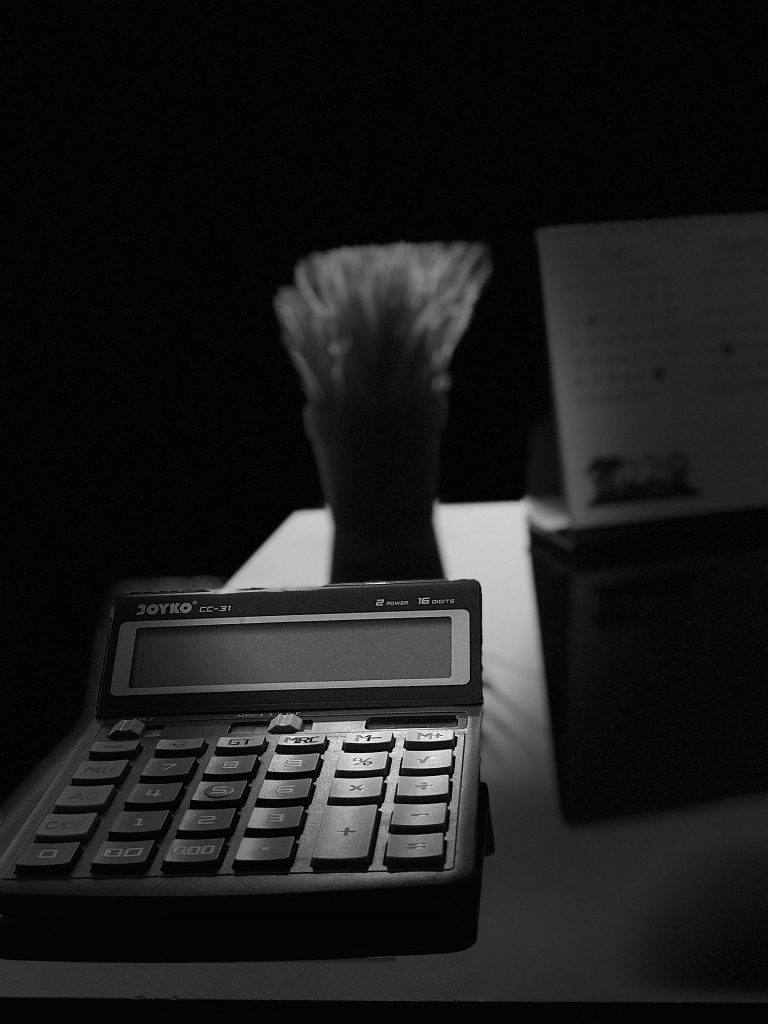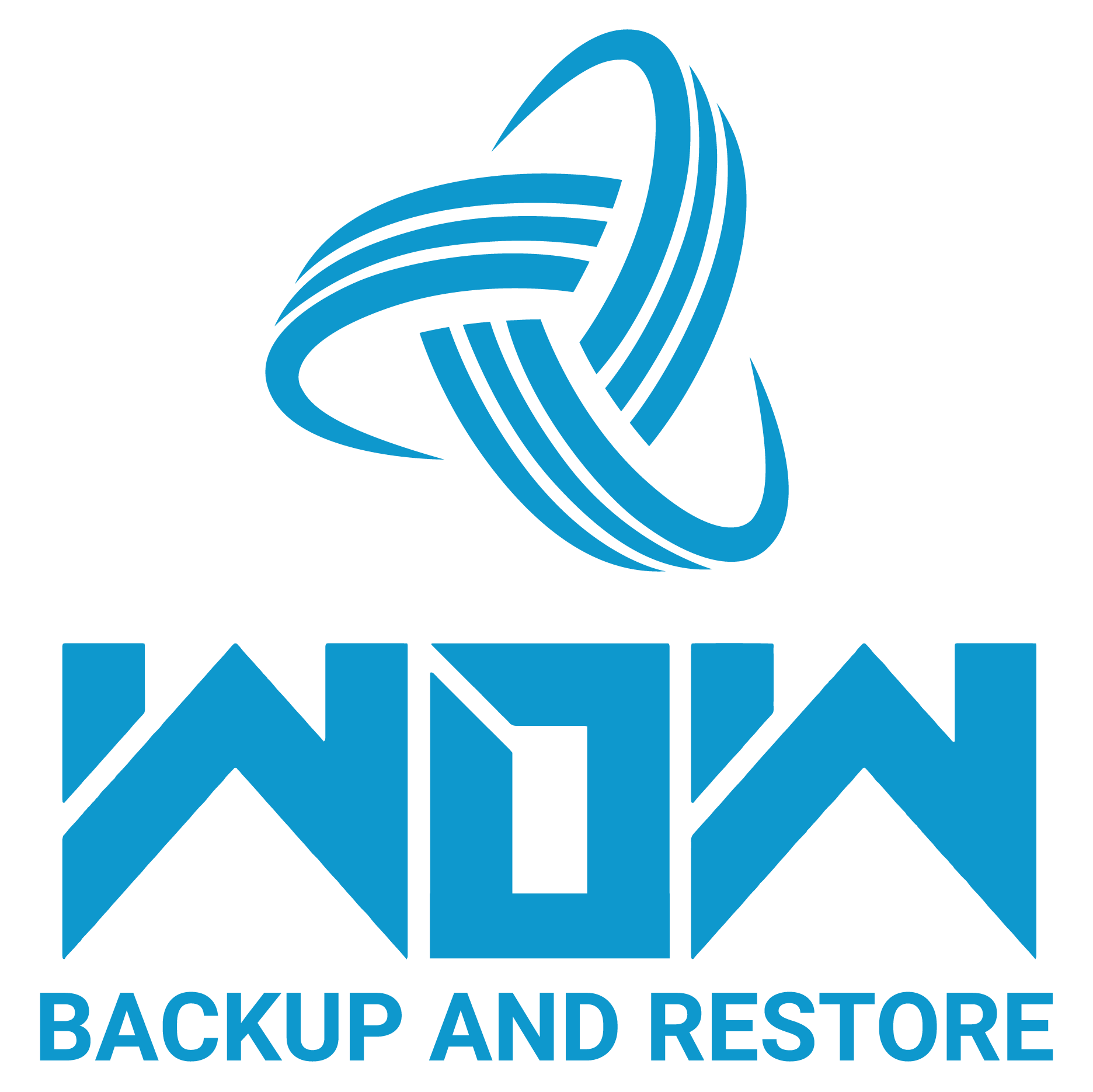The cloud can be a great asset for businesses. It allows for data storage, collaboration, and flexibility that was previously not possible. However, with this new technology comes new responsibilities. When it comes to data security on the cloud, businesses must take a shared responsibility approach.
Accountants and bookkeepers are often responsible for handling sensitive financial information. As such, it’s crucial that they understand how shared responsibility on the cloud works and how to keep their data secure.
What this means is that both the business and the cloud service provider have a role to play in keeping data safe. The business is responsible for securing its own data and the cloud service provider is responsible for securing the infrastructure on which the data is stored. Let’s take a closer look at each party’s responsibilities.


Businesses’ Responsibilities
When it comes to securing their data on the cloud, businesses are responsible for the following:
- -Backing up the data
- -Restricting access to authorized personnel only
- -Implementing multi-factor authentication
- -Monitoring activity and auditing logs
- -Keeping their computer software up to date
- -Having a disaster recovery plan
Cloud Service Provider’s Responsibilities
- -Securing the physical infrastructure
- -Managing identity and access control
- -Implementing security best practices
- -Monitoring activity
- -Having redundant operating capacity
Shared responsibility in the cloud is a new way of thinking about data security. Businesses are responsible for their own data and cloud service providers are responsible for securing the infrastructure where data is stored. This approach ensures that businesses’ data is secure while also taking advantage of the convenience and flexibility of the cloud.
Shared responsibility on the cloud is an important concept for accountants and bookkeepers to understand. Both cloud service providers and customers have a role to play in securing data and applications. By taking steps such as implementing strong authentication measures, backing up all critical financial information, and monitoring activity, accountants and bookkeepers can keep their data secure on the cloud .


